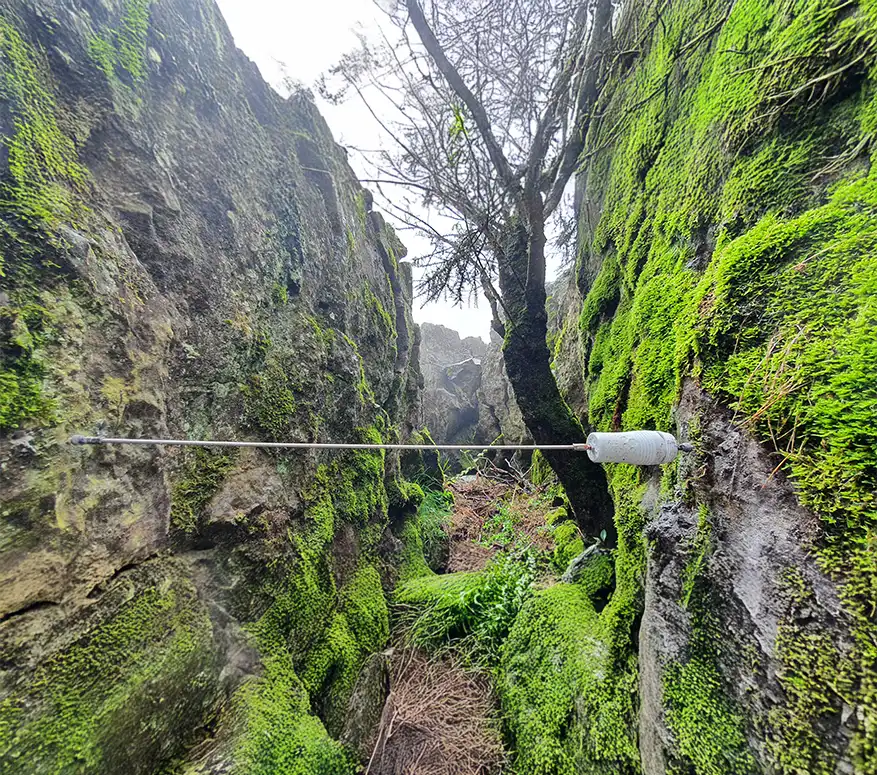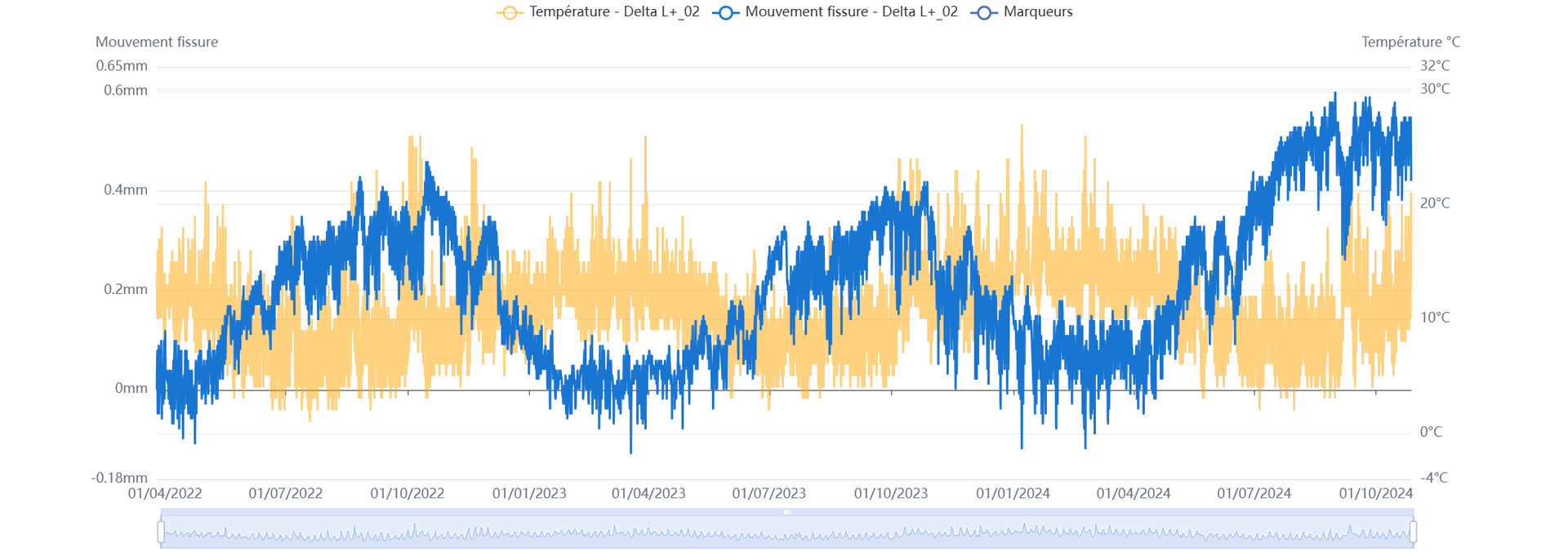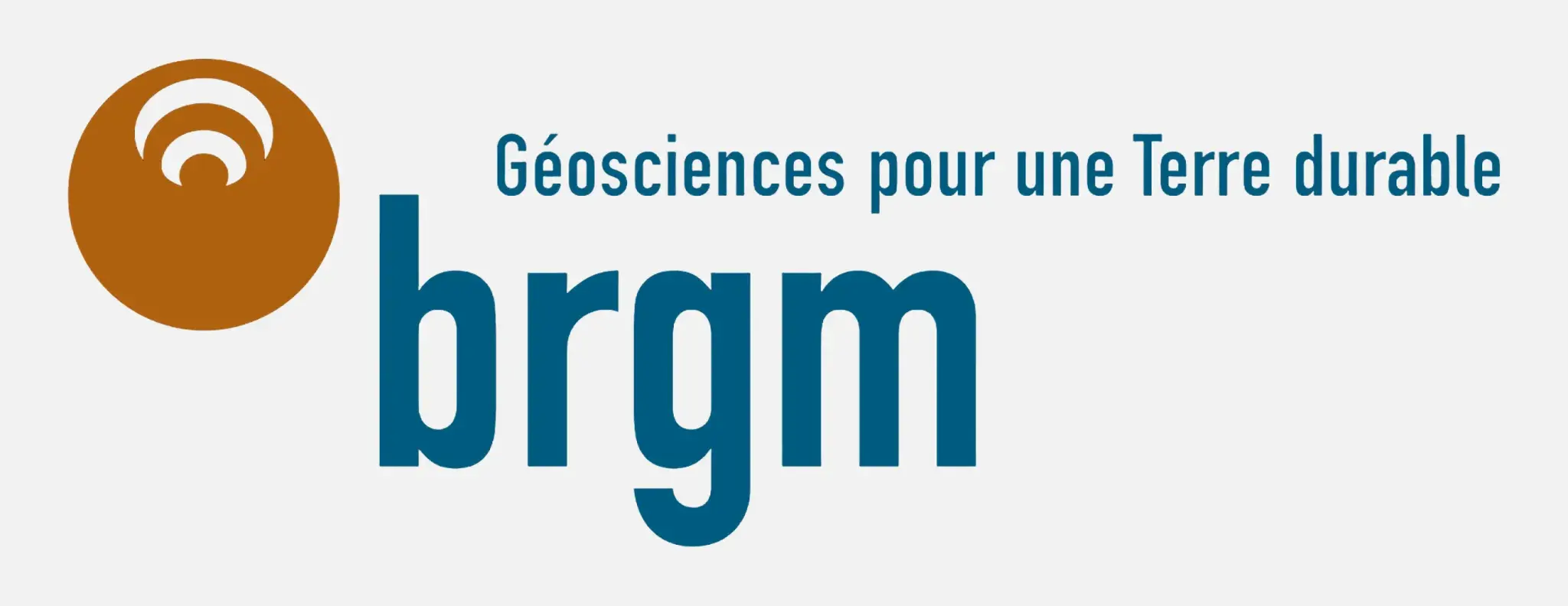They trust us




Context & Constraints
The DREAL and the BRGM wish to instrument several rock compartments of the Maïdo cliff in Saint-Paul, Réunion Island.
These formations, located in a 400-meter tourist area, are cracked and disconnected.
The goal is to continuously monitor their evolution over several decades in order to anticipate rock instabilities and secure the viewpoints.
PROJECTS CONSTRAINTS
Monitoring Rock Instabilities
Detecting the evolution of cracks and movements of rock blocks to prevent the risk of landslides.
Monitoring the impact of environmental conditions
Assessing the effects of weather conditions, thermal cycles, and vibrations on the stability of rock compartments.
Ensuring the safety of visitors and infrastructure
Ensuring continuous monitoring to anticipate risks and adapt safety measures for tourist sites.

Need more information?
Contact us to learn more!
Download the catalog
Implementation Solutions
Feelbat has implemented a system that allows for precise, continuous, and remote monitoring of the movements and tilts of buildings and their structures.

Implementation of the DELTA L+
The installation of the DELTA L+ allows for the anticipation of the evolution of rock instabilities and minimizes the risk of landslides through precise monitoring of cracks.
Manual Instrumentation
Association to ùanual instrumentation, this system provides an essential database for managing geological risks and preserving the site.
Remote monitoring
Remote monitoring reduces the need for human intervention, ensures continuous tracking, and provides alerts in case of anomalies, with automatic monthly reports.

Wilfried D.
"I chose FEELBAT after thorough research and its status as an approved supplier with Veritas. Its attractive cost and ease of use make it an obvious choice. Compared to the competition, FEELBAT offers a more accessible and efficient solution."
The
Result
Thanks to Feelbat's technology, the ARER can anticipate the evolution of rock instabilities, thereby minimizing the risk of landslides.
Continuous monitoring provides a valuable database for strategic decision-making in geological risk management, contributing to the preservation of the Maïdo Cliff.